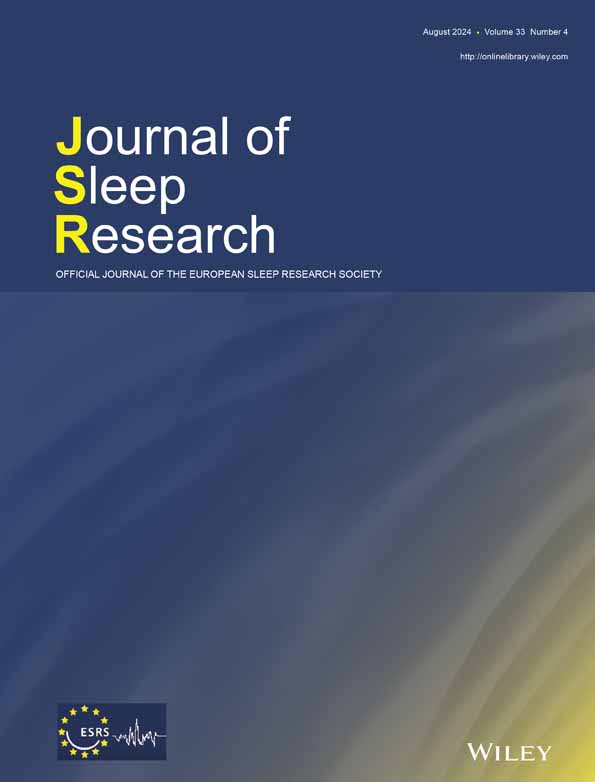Insufficient sleep blunts positive, but not negative, affective response to emotionally complex film clips
Summary
The effects of sleep deprivation on emotional function are not yet fully understood. Although sleep deprivation has been shown to have larger effects on positive emotional reactivity than on negative, this research has been limited by the use of separate stimuli for positive and negative emotion elicitation. Different sets of stimuli represent a confound that makes it difficult to interpret this difference with confidence. The study reported here was designed to overcome this limitation by using film clips that elicit both positive and negative emotional responses at the same time. Undergraduate participants (33 female, 2 male) completed a laboratory-based emotion elicitation procedure using these film clips. Differences in sleep deprivation, estimated by subjective sleepiness and reaction times, were used to predict responses to these emotion probes. Greater subjective sleepiness was associated with significantly lesser positive responses to the film clips (rs = −0.37, p = 0.03). The relationship between subjective sleepiness and negative responses to the same clips was smaller and not significant (rs = −0.11, p = 0.51). Reaction times were not related to subjective emotional responses in this sample (all p > 0.40). These results support the theory that sleepiness has asymmetrical effects on positive and negative emotional functioning.
CONFLICT OF INTEREST STATEMENT
The authors of this manuscript declare no financial, or non-financial conflicts of interest.
Open Research
DATA AVAILABILITY STATEMENT
The data that support the findings of this study are available from the corresponding author upon reasonable request.




